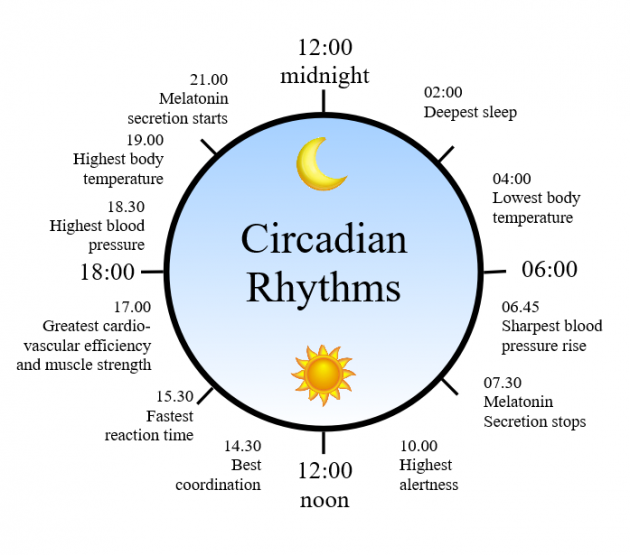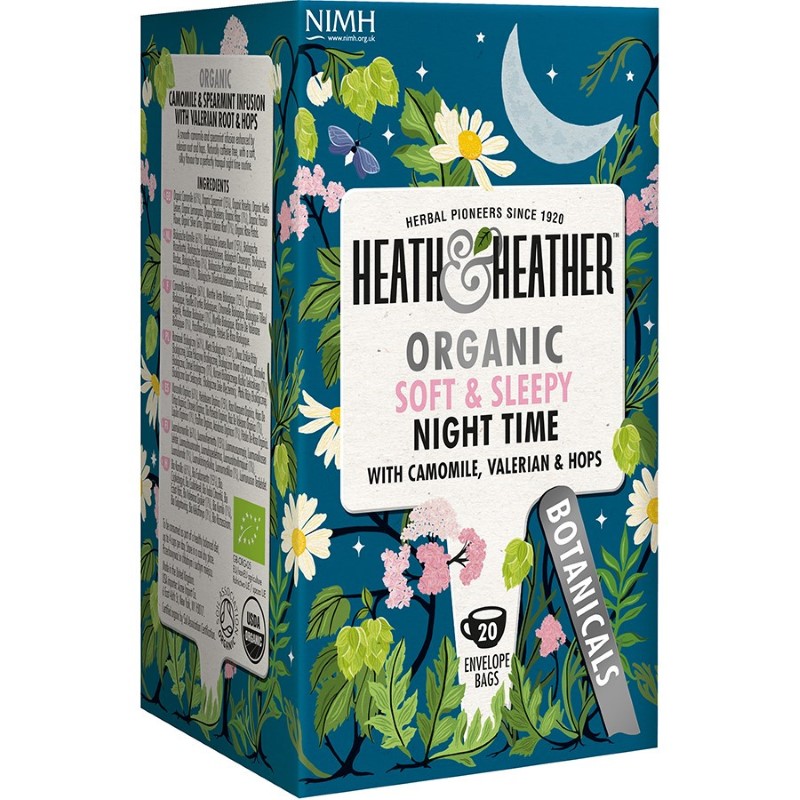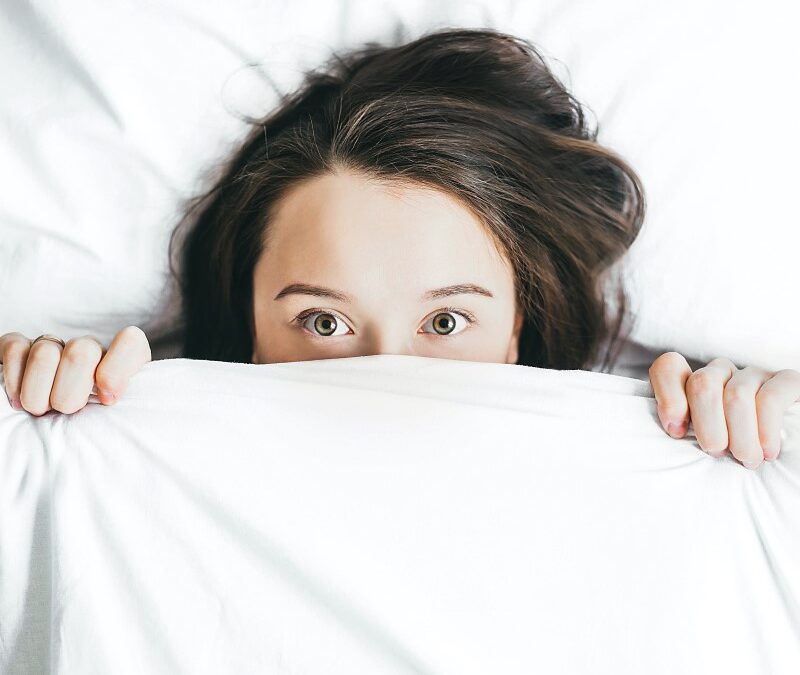40-60% of peri-menopausal women report disrupted sleep during menopause with 1 in 3 saying sleep problems cause them distress and impact daily functioning. When we are sleep deprived, we lose cognitive capability and can experience decreased decision making and basic daily tasks can become difficult. We are more sensitive and our emotions are heightened, we can feel irritable and crave more sugary foods. If you suffer with insomnia or have regular disturbed sleep there is an increased risk of depression, type 2 diabetes, cardio vascular disease and cognitive decline including dementia.
So, what is going on? Why is this happening to women in midlife?
When oestrogen declines it causes a decrease in the production of melatonin, the hormone produced in the brain that tells us its sleepy time. The production of melatonin is influenced by the time of day, naturally rising in the evening and falling in the morning. When this doesn’t happen, it can be very difficult to get to sleep and then we don’t want to wake up in the morning.
The decline in oestrogen can make the bladder more sensitive which is why some women report needing to go to the toilet a lot during the night which can also be very disruptive to sleep.
Many women today suffer with high cortisol levels due to busy stressful lives juggling a million different things and not nearly enough self care or down time. High cortisol massively impacts our ability to sleep well. Just because we have hit the pillow and laid down does not mean our brains and bodies are going to switch off and let us drift off into a wonderful peaceful sleep all night long. Cortisol and adrenaline can continue to pump out throughout the night suddenly waking us when we least expect it.
Alcohol is also a trigger for a bad night’s sleep. You may initially get to sleep but then you can wake around 2-3am bursting for the loo, feeling hot and dehydrated which can bring on night sweats. Sugar and caffeine are also triggers along with eating late. I highly recommend time restricted feeding. This is where you eat within a 10 hour window, for example breakfast at 8am and dinner no later than 6pm. This gives your body a 14 hour break, most of it sleeping which means your body can fully rest and heal, which is known to reverse and prevent disease. You have something called your glymphatic system which is only really active during sleep. This is when your brain clears out toxins and waste products so that it can function at its best.
So, what can we do to help?

- Activate your Circadian Rhythm which is like your internal 24 hour clock that regulates the production of cortisol, melatonin, insulin, TSH, prolactin and your sleep/wake cycle. It is triggered by light so first thing in the morning try to get outside in the light and in the evening start to wind down by dimming lights and coming off screens. Put devices onto night time mode if you want to remain on them. Raw pistachio nuts and kiwi fruits are the highest food sources of melatonin so eating a small portion after dinner could help.
- Don’t eat any sugary foods or drinks in the evenings or anything caffeinated.
- Go to bed at the same time each night and wake up at the same time in the morning.
- Discover a night time ritual that could include a warm shower and massaging your face and hands with a lovely natural moisturising cream.
- Try taking a magnesium supplement which can help aid sleep and aching muscles due to its calming, relaxing effect on the body and brain.


- Some herbal teas can also help an hour or so before bed. Fennel tea can help to regulate hormones, improve digestion, memory and aid sleep. Valerian root is known as ‘natures Valium’ and contains compounds that can promote sleep and reduce anxiety. It is also known to help reduce hot flushes and sweats. If you take blood thinners check with your GP first before taking this.
- If you wear clothes in bed wear natural fibres that are loose fitting to keep cool and keep your room at a cool temperature.
- Make your bedroom into a sanctuary. Keep lighting down and maybe use a blackout blind. Diffuse essential oils like Lavender or pop a drop onto your pillow. This is known for its calming effects; it lowers heart rate and blood pressure. I can highly recommend Tropic Sleepy Pillow Spray which contains essential oils to help calm and relax the mind and help to promote a good night’s sleep. Click on the link which will take you to my Tropic Web shop where you can set up an account. Choose Sarah Pinckney Colchester as your Ambassador and then you can order one.https://tropicskincare.com/products/so-sleepy-pillow-mist

- Keep a journal by your bed so you can write down any worries or concerns, get them out of your head down onto paper which will make you feel calmer and be able to sleep better. Write down what you feel grateful for and something good that happened that day that made you feel proud of yourself.
- Practice deep breathing. This naturally taps into your parasympathetic nervous system which is your rest and digest. Breathe in through the nose imagining you are breathing in cool and breathe out through the mouth heat and tension. Do these 4 or 5 times and really notice how your mind and body relax.
- Some gentle yoga, meditation or listening to a relaxation script can also help you to unwind after a busy day.
Check out my 10 top tips to a better night’s sleep guide which you can download here, it will help you to be consistent in your nighttime rituals. Consistency is very important when learning something new, don’t give up after a couple of nights if you feel it’s not working. Give it at least a month of doing the same routine and write in your journal how you are feeling and how you are progressing. Start now, tonight and see what happens.
Sarah x

